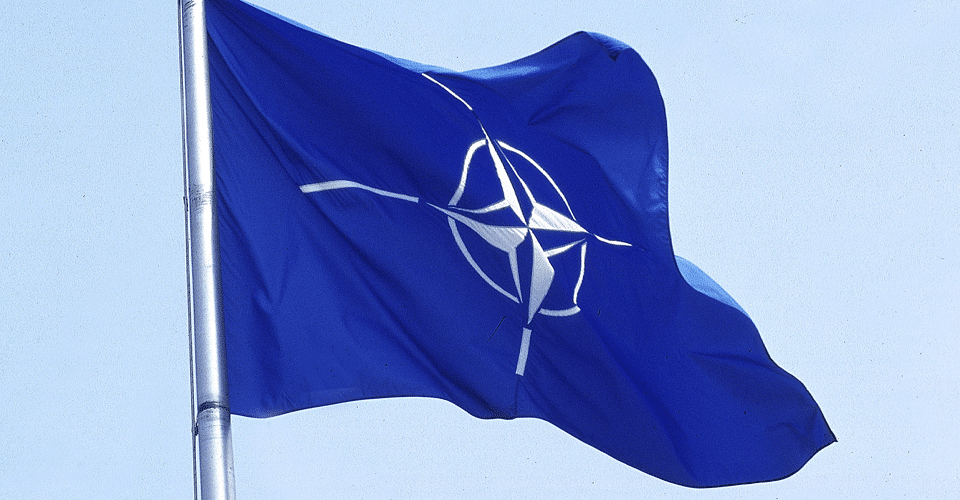Американська компанія Kratos Defence and Security Solutions успішно провела перший випробувальний політ прототипу невидимого безпілотного бойового літального апарата (UCAV) Thanatos, здатного виконувати автономні удари та розвідувальні місії.

Проєкт Thanatos, про існування якого було офіційно оголошено рік тому, перебуває в розробці щонайменше з 2019 року. UCAV призначений для виконання завдань високого ризику, які зазвичай виконуються пілотованими літаками. Основна мета розробки – зменшення ризику для людей під час бойових дій завдяки використанню автономних систем. Стелс-характеристики дрона, зокрема низька радіолокаційна та інфрачервона помітність, дозволяють йому працювати в умовах підвищеної загрози.
Безхвосте ромбоподібне крило, втоплена вихлопна система та адаптивні впускні отвори забезпечують Thanatos можливість уникати виявлення.
Очікується, що UCAV буде оснащено штучним інтелектом для автономного або напівавтономного управління, що відповідає сучасним тенденціям у безпілотній авіації.
Thanatos здатний виконувати широкий спектр завдань: від радіоелектронної боротьби до ударних операцій. Крім того, Kratos планує інтегрувати свої безпілотні системи в тактичні операції винищувачів, створюючи гнучкі рішення для військових місій. Ймовірним клієнтом проєкту називають ВПС США, хоча офіційне підтвердження наразі відсутнє.
Kratos, відомий своїми інноваціями в галузі безпілотних систем, активно підтримує програми Міністерства оборони США. Розробка Thanatos демонструє прагнення компанії до вдосконалення бойових платформ, які можуть діяти на суші, в повітрі та на морі, забезпечуючи операційні переваги.
Випробування Thanatos підтверджують перспективність використання невидимих бойових дронів для вирішення складних завдань сучасних конфліктів, що виводить оборонну галузь на новий рівень технологічної досконалості.


 4385
4385












